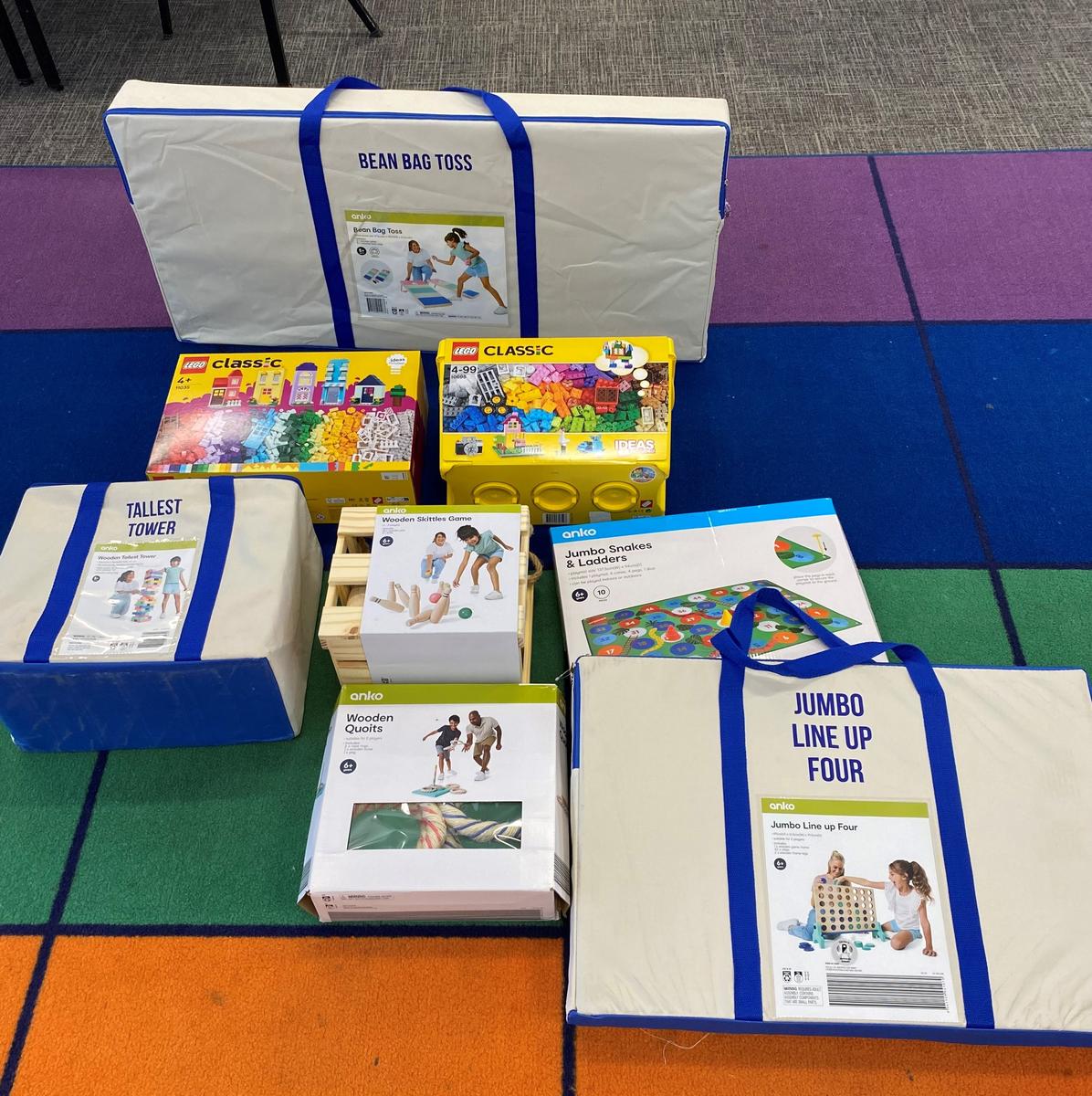Wellbeing and Inclusion
News and information from our Wellbeing team, Jamie Roberts & Josh Beaton.
Artwork by Alkina Edwards' Creations.

Wellbeing and Inclusion
News and information from our Wellbeing team, Jamie Roberts & Josh Beaton.
Artwork by Alkina Edwards' Creations.
During week 6, Student Support Group (SSG) meetings will take place for students who require one. That includes any student who is on an Individual Education Plans (IEP) and provide an opportunity to establish student long and short term goals for the year.
If you are required to book an SSG, you will be notified if they are required to make a booking on Compass early next week. If you are unable to make the times allocated, please reach out to your child's classroom teacher to make alternative arrangements. SSG's will take place at school or via phone if you are unable to attend.
A draft of students Individual Education Plans will be uploaded to Compass for you to view and minutes uploaded post meeting.
To book an SSG, please follow the instructions in the PDF.
For more information regarding 'Student Support Groups' and policies related:
https://www2.education.vic.gov.au/pal/student-support-groups/policy
Student Support Groups: Policy | education.vic.gov.au undefined www2.education.vic.gov.au |
We have recently purchased some new resources for lunch time club and these have proven to be very popular already! Lunch time club runs every day in the second half of lunch and provides students the opportunity to play some games or have some quiet time colouring in the Stone Room.


The Resilience Project is committed to teaching positive mental health strategies to prevent mental ill-health and build young people’s capacity to deal with adversity.
Teachers and students will engage in weekly lessons and activities around the key principles of Gratitude, Empathy, Mindfulness (GEM), and Emotional Literacy to build resilience.
Check out their website for more information:
And check out TRP@HOME; a place filled with inspiration and activities for the whole family, to help improve your wellbeing and build resilience.
Separation anxiety is a common and normal fear that children have of being away from their families. It is quite common for children in Foundation to experience some difficulty in this area, particularly in the first few weeks. We understand that you may be anxious about how your child is coping being away from you for several hours, but please be assured that they are safe and very well supported by their teachers. Most children settle very well immediately after their parent has left their eyesight but sometimes this can linger longer and affect the child’s learning.
Some strategies that are very useful if your child is clingy, distressed or anxious about you leaving in the morning include:
If separation anxiety persists for many weeks even after consistently using these strategies then further assistance may be useful. Please ensure that you speak to your child’s class teacher if you are concerned about your child.